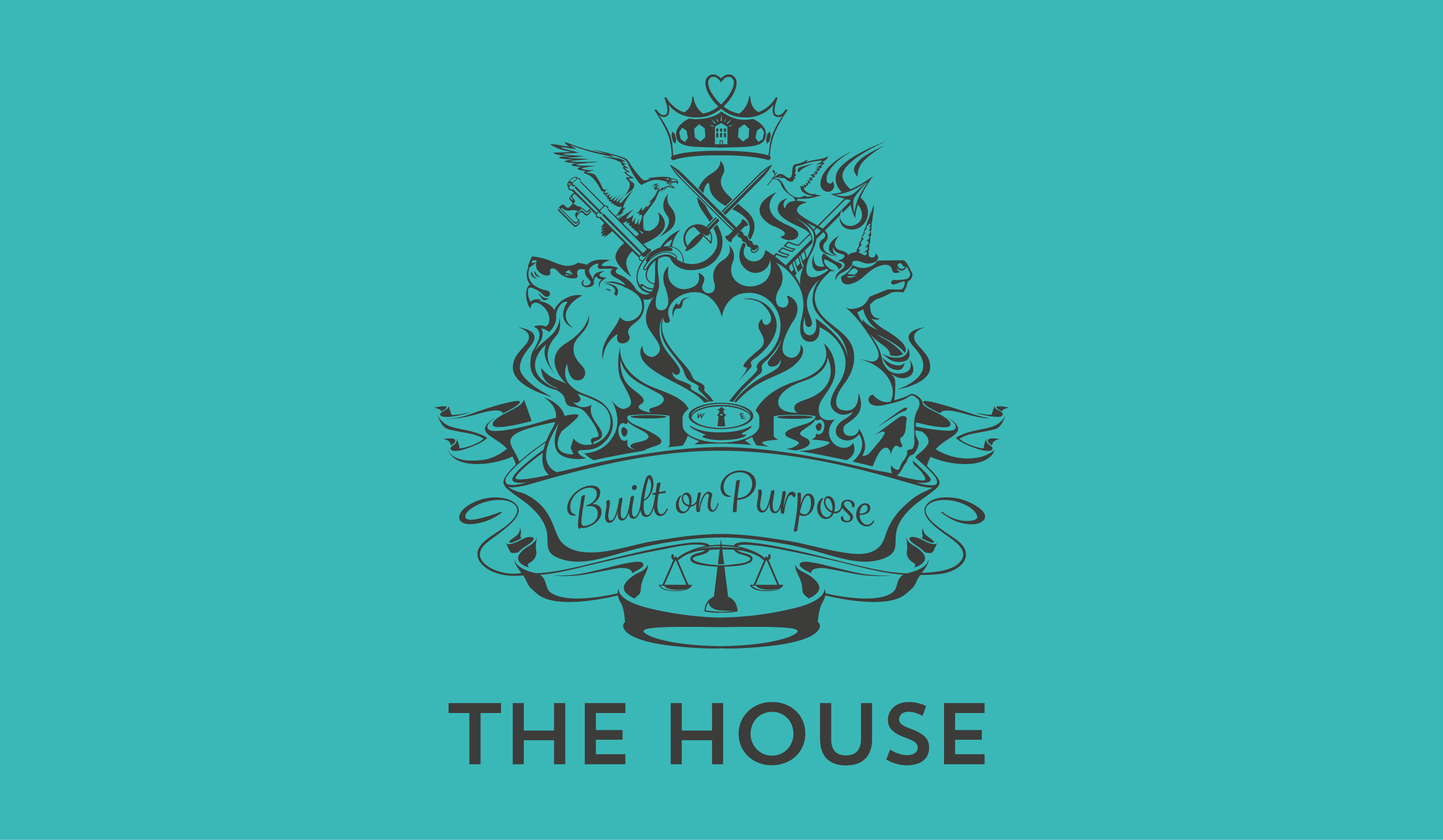Blog
Privacy Notice and Legitimate Interests Assessment

Privacy Notice
The House collects and processes the contact details of businesses and business leaders that we believe could benefit from our products and services, or from the intellectual property that we develop and provide freely (such as Purpose magazine).
We collect and process contact details based on two separate grounds:
- Opt-in basis: we use contact details that people have actively shared via our opt-in sign-up form
- Legitimate interest basis: We use contact details from our legacy pre-GDPR database, and from publicly available sources such as company websites, where we believe there is a legitimate interest for our business, and that the use of that data is proportionate and has a minimal privacy impact.
We engage in unsolicited B2B communications where we have a strong reason to believe that business we are contacting could benefit from the offer contained within the communication; i.e. there is a clear logical connection to their business profile. We assert this as a legitimate interest of our business, as per Article 6.1 of the General Data Protection and Regulation (GDPR). We collect contact details for unsolicited B2B communications through publicly available sources such as company websites. We do not purchase marketing lists from third parties.
In accordance with the provisions of GDPR, we do not collect or process the contact details of sole traders or partnerships unless they have explicitly opted in to receive updates from us. We have made our best efforts to delete all sole trader and partnership contact details held before 25 May 2018, screening them according to business description and email address type. If you are a sole trader or partnership business and are still receiving email communications from us, please contact us at house.manager@thehouse.co.uk and we will remove you from our database.
We use third-party software Mailchimp and Zoho to store contact details. We use contact details only to communicate directly about our own products, services, events and platforms, and do not share data with any third parties.
Please report any violations to GDPR principles that have affected you to house.manager@thehouse.co.uk.
Legitimate Interest Assessment
Overview
Under certain circumstances, we assert a legitimate interest, in line with Article 6.1 of the General Data Protection Regulation, to collect and process basic data in order to make unsolicited communications to other businesses.
Purpose Test
Why do you want to process the data – what are you trying to achieve?
We aim to engage in unsolicited direct marketing that raises awareness of issues related to the “business as a force for good” movement and lets mission-led organisations know that we are able to help them. For example, we might send a copy of Purpose, a magazine we produce, to the head of a mission-led organisation in order to introduce ourselves and our services.
Who benefits from the processing? In what way?
We benefit by raising awareness of our business and winning new consultancy contracts. The recipients benefit by receiving potentially useful information about developments in the “business as a force for good” movement, and by using our services if the direct marketing leads to a commercial relationship.
Are there any wider public benefits to the processing?
The core of our business offer, as well as the intellectual property that we share freely, relates to increasing the positive social and environmental impact of business. As such, our unsolicited direct marketing.
How important are those benefits?
The benefits are indirect and a small part of a much wider effort. We do not claim that they are an important component of our legitimate interest.
What would the impact be if you couldn’t go ahead?
We would be limited to communicating only with businesses who are already aware of our consultancy and had explicitly opted in. This would have a material impact on our ability to grow our business.
Would your use of the data be unethical or unlawful in any way?
No.
Necessity Test
Does this processing actually help to further that interest?
Yes. It allows us to expand our direct marketing activities.
Is it a reasonable way to go about it?
Yes. It is in line with normal B2B marketing industry practice.
Is there another less intrusive way to achieve the same result?
No.
Balancing test
What is the nature of your relationship with the individual?
We make unsolicited communications where there is an existing or potential commercial relationship, including partnerships to jointly provide services to others.
Is any of the data particularly sensitive or private?
No. It is either publicly available or has already been collected through direct contact with the individual, e.g. exchange of business cards or emails. For unsolicited B2B communications, we collect and process only name, work email address and work postal address data.
Would people expect you to use their data in this way?
Yes.
Are you happy to explain it to them?
Yes.
Are some people likely to object or find it intrusive?
People may of course choose to opt-out, but we believe that it is highly unlikely that the collection and processing itself would be considered objectionable or intrusive. We have received no complaints or objections on such grounds to date.
What is the possible impact on the individual?
There is minimal negative impact.
How big an impact might it have on them?
The worst impact would be the inconvenience of opting out of our database.
Are you processing children’s data?
No.
Are any of the individuals vulnerable in any other way?
No.
Can you adopt any safeguards to minimise the impact?
The impact is already minimal.
Can you offer an opt-out?
Yes, all communications will allow for a clear opt-out.